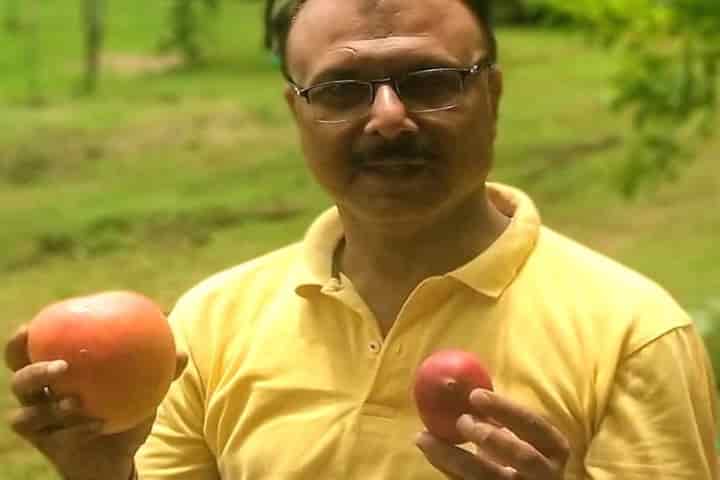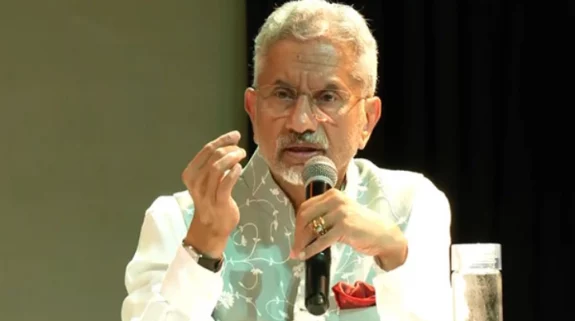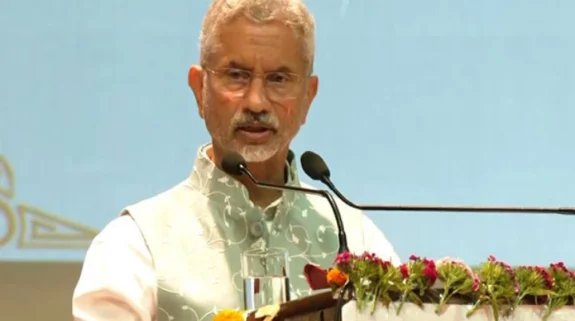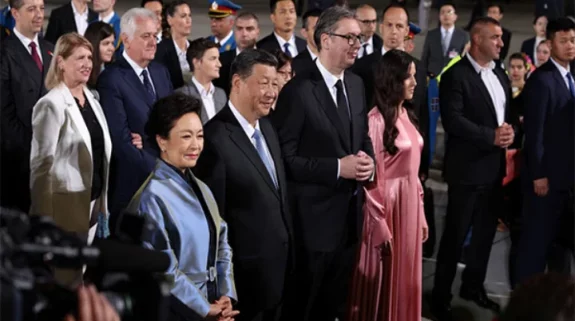A stroke of good luck can change one’s fortune leading to prosperity and popularity! That is exactly what happened to Sankalp Singh Parihar, who bought a special mango sapling from a fellow-passenger — a complete stranger — in a train. And today, such has been the success that he has been forced to employ uniformed security and dogs to guard his green treasure.
Step back by four years, when in search of hybrid coconut seeds, Parihar, who was travelling to Chennai, landed up buying a mango sapling from a fellow traveller sitting opposite him for Rs.2,500. The deal was the result of the conversation that the two had struck, while the rickety train streamed towards Chennai.
Was it pure impulse or just mere curiosity, well one would never know but Parihar did take a chance and decided to buy it. Quoting him in an article in vice.com says: “I did not know what the mango breed was but I named it Damini after my mother and planted it.”
A resident of Jabalpur, Madhya Pradesh, Parihar, added: “I grew it (the sapling) like an ordinary mango plant, but a few months later, saw that it had developed a beautiful red colour.”
Obviously, the description of the beautiful fruit got around. So with the news that Parihar had a special red-hued mango variety on his private farmhouse at Chargawan Road in Jabalpur, he was approached by Surat and Mumbai businessmen to buy the fruit. “It was only when they offered me more than Rs.21,000 for it that I realised it was something valuable.”
Lady Luck had smiled at Parihar and the special mango that he had landed with was in fact the Japanese Miyazaki mango or Taiyo No Tamago. Interestingly, this mango variety is considered to be the world’s most expensive one.

In Japan, Miyazaki is also called “Egg of the Sun,” as it exhibits yellow and reddish colour when ripe and is often found in special auctions there. In 2019, it is reported that a box of two Miyazaki mangoes sold for half a million Japanese yen ($4,500). In fact, a single piece of this fruit priced at $50, is considered a luxury gift.
It is not just the deep red outer skin that is fetching in this fruit. It has a melt-in-the-mouth texture, and is exceptionally sweet. Describing the taste, Parihar: “The pulp is like jelly, the colour is stunning, and you can even eat the outer peel.”
Originating from the Miyazaki prefecture located in the southern Japanese island of Kyushu, this mango according to the Miyazaki Local Products and Trade Promotion Center, is grown in strict conditions and highly regulated conditions. Each fruit must weigh at least 350 grams and contain a sugar content of at least 15 percent in order to reach consumers.
The whole process of growing is labour intensive and the growers usually suspend the mango in a small net in a temperature-controlled greenhouse setting. The reason for this is to assure that the fruit gets enough sunlight allowing it to develop its distinct red skin, and when ripe and sweet making it fall naturally into the net.
Parihar, however, says that these mangoes can be organically grown in India’s cool and moist climate without needing special attention. “Since I did not know what breed these mangoes were, I grew them like I would grow any ordinary Indian variety like the alphonso,” he told vice.com.
Being a grounded person, Parihar hopes to make this fruit – the world’s most expensive mango – available to all his other brethren farmers. “My vision is that every Indian household should be able to afford this mango. In Japan, it is expensive because it is grown in an expensive environment. In India, we can grow it naturally and cut down on expenses.”
At present, Parihar’s orchard boasts of 52 mangoes. Even though he had been offered a princely sum, Parihar and his wife, Rani, decided not to sell them. “These are our babies and our focus right now is to keep nurturing them and using the fruits’ seeds to plant new ones.”

Wary of trespassers and intruders wanting to steal these fruits, the couple have hired nine guard dogs – six German Shepherds and three locals — and three security guards to protect their mangoes round the clock.
“Last year, after a local news channel reported that we had these mangoes, a thief broke in and stole 14 mangoes. So now, we have hired a team of guards and pay them Rs.8,000 every month. I would rather pay for security than lose these mangoes, which to us are worth so much more than money,” observed Parihar.




















